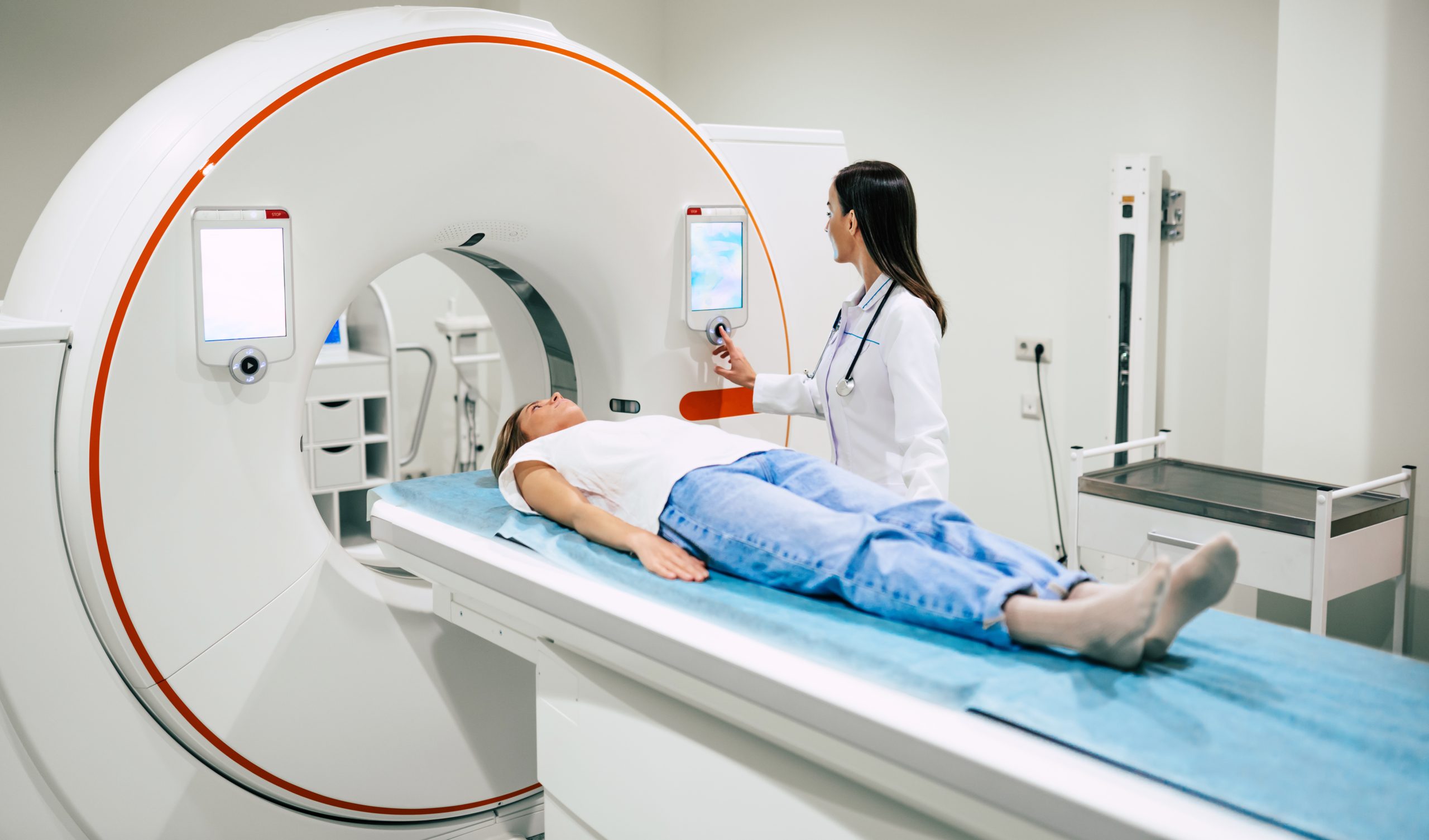Preparing for your first magnetic resonance imaging (MRI) appointment can feel intimidating, especially if it’s your first time undergoing the procedure. Whether you’re scheduled for a brain MRI, a scan of a specific body area, or an MRI with contrast dye, understanding what to expect and preparing correctly can make a significant difference in your comfort and the accuracy of your results.


Adhering to straightforward guidelines and collaborating effectively with the MRI personnel will help guarantee a safe and seamless MRI appointment. This will result in precise and accurate outcomes that will provide you with valuable insights regarding your health. Continue reading to learn more.
What Is an MRI?
MRI stands for Magnetic Resonance Imaging. This diagnostic tool uses a non-invasive imaging technique through magnetic fields and radio waves to form detailed images of the body’s internal structures. MRIs are particularly effective for examining soft tissues, such as the brain, spinal cord, muscles, and blood vessels, allowing doctors to detect a wide range of conditions—from tumors and injuries to vascular and neurological issues. This advanced imaging test is typically conducted in a specialized MRI machine, where a series of magnets and pulses create clear and precise images, helping healthcare providers accurately diagnose and plan treatment.
Seven Important Dos to Prepare for Your MRI
Preparing for an MRI can be a simple process, involving a few essential steps to guarantee safety and comfort during the procedure. See the tips below:
1. Confirm Your MRI Type with Your Healthcare Provider
MRI procedures vary depending on what area of the body is being scanned. Ask your doctor about the specifics of your MRI exam, including whether you need an open MRI machine, a brain MRI, or one that requires a contrast dye so you know exactly what to expect.
2. Wear Comfortable, Metal-Free Clothing
Since MRI machines use strong magnetic fields, it’s essential to avoid wearing metal objects like jewelry, watches, and clothing with zippers or buttons. Most imaging centers will provide a hospital gown to wear during your MRI exam, but if you prefer to wear your clothes, choose loose-fitting, metal-free attire.
3. Follow Eating and Drinking Instructions
Some MRI exams, such as those involving contrast dye or specific abdominal scans, may require fasting beforehand. If your appointment is for a same-day MRI, it’s a good idea to ask the MRI staff about any eating or drinking restrictions. This ensures the imaging test goes smoothly and that you’re fully prepared.
4. Inform the MRI Technologist of Any Medical Conditions
Disclose any medical history, including kidney disease, breast cancer, metal implants, or recent surgeries, as these may impact MRI safety or require special preparation. If your MRI involves a contrast agent, let the technologist know about any allergies or past reactions to similar contrast materials.
5. Arrive Early to Your Appointment
Arriving early can give you time to ask questions and mentally prepare. Plus, some MRI exams involve paperwork, pre-screening, or changing into a hospital gown, so a few extra minutes can help you feel less rushed and more relaxed.
6. Consider Bringing a Family Member or Friend
The presence of a loved one or a friend can offer reassurance, particularly during times of anxiety. While they may not be allowed in the MRI scanner room, their presence can be reassuring and make the experience feel less daunting.
7. Practice Relaxation Techniques
If you experience anxiety in enclosed spaces, you can calm yourself down before and during the scan by using deep breathing or visualization. Staying relaxed helps reduce movement, which can improve the quality of your MRI images.
By following these essential tips, you’ll be well-prepared for your MRI and on track to receive the most accurate results for your health journey.


Seven Essential Don’ts for MRI Preparation
Knowing what to avoid before your MRI is just as crucial as knowing what to do, ensuring both your safety and the success of the scan. See the five don’ts below:
1. Wear Metal Accessories or Bring Metal Objects
Metal items can interfere with the MRI’s intense magnetic field, potentially causing safety issues and affecting the quality of the scan. Leave metal items like jewelry, keys, and wallets at home, and double-check that you’ve removed any new piercings before the MRI procedure.
2. Hesitate to Mention Claustrophobia or Anxiety
If confined spaces make you uncomfortable, discuss this with the MRI staff before the exam. Many imaging centers offer an open MRI machine that provides more space, or they can offer a mild sedative to help you relax. Anxiety medication, when prescribed, can make the MRI process more manageable for those who need it.
3. Forget to Tell Staff About Metal Implants
If you have any implanted medical devices, such as artificial heart valves, it’s essential to inform the MRI technologist beforehand. Some devices are incompatible with the magnetic field, and your healthcare provider may need to adjust the MRI procedure accordingly.
4. Bring Unnecessary Electronic Devices
Electronic devices like cell phones, fitness trackers, and hearing aids are sensitive to the MRI’s magnetic field and could damage or cause interference. To ensure both safety and accuracy, keep these items out of the MRI room and secure them before your appointment.
5. Skip Post-MRI Instructions
After your MRI scan, follow any given instructions closely, especially if you’ve had contrast dye. Staying hydrated after the MRI exam can help flush the contrast material from your system, reducing any risk of side effects. Make sure to discuss any follow-up plans with your healthcare provider to review the MRI results and next steps.
6. Use Cosmetics with Metal Particles
Certain cosmetics, like metallic eyeshadow, can contain trace metals that may interfere with MRI images. To avoid potential image distortion, skip makeup, lotions, or any skincare products containing metallic ingredients.
7. Ignore Signs of Discomfort
If you experience unusual discomfort during the MRI, notify the MRI technician immediately. The scanning process should be painless, so any discomfort could indicate a need for adjustment to ensure a safe and smooth experience.
Avoiding these common mistakes will help make your MRI experience smoother, safer, and more effective in delivering accurate insights into your health.
Conclusion
Preparing for an MRI is simple when you know what to expect. By following these dos and don’ts, you’ll set yourself up for a safe, comfortable, and effective MRI experience. Whether it’s understanding your medical history, avoiding metal, or bringing a friend along, each step ensures a smooth scanning process, giving you the best possible outcomes from your imaging test.



